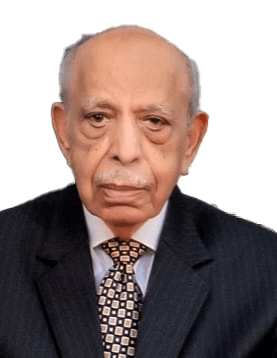 Dr. P.K. Khanna
Dr. P.K. Khanna
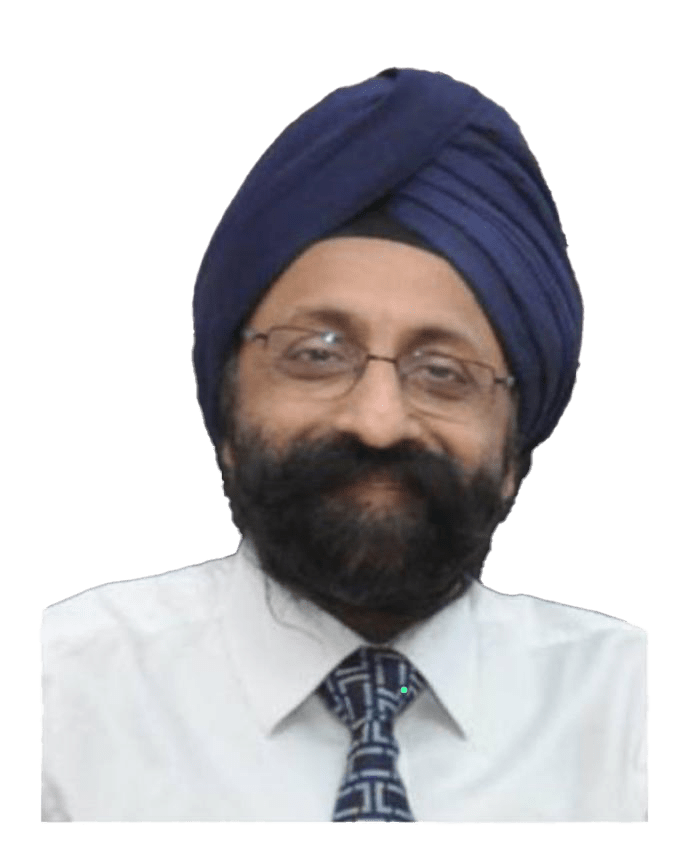 Dr. J.P.S. Sawhney
Dr. J.P.S. Sawhney
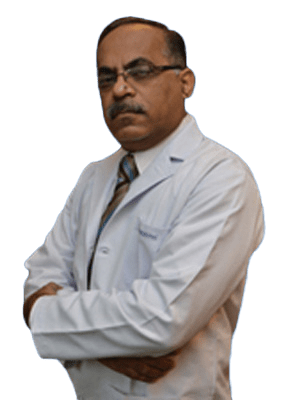 Dr. Rajat Mohan
Dr. Rajat Mohan
 Dr. R.R. Mantri
Dr. R.R. Mantri
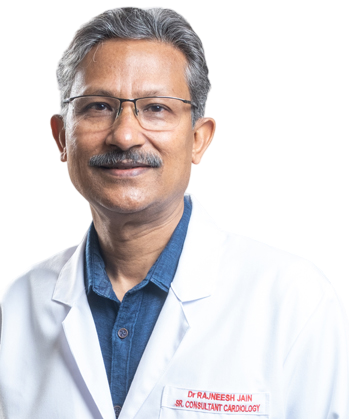 Dr. Rajneesh Jain
Dr. Rajneesh Jain
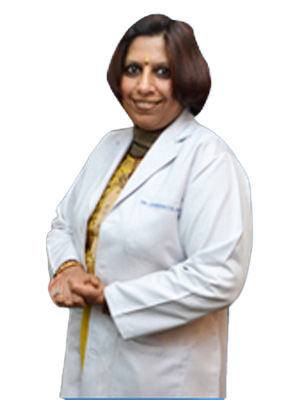 Dr. Sangeeta Sachdeva
Dr. Sangeeta Sachdeva
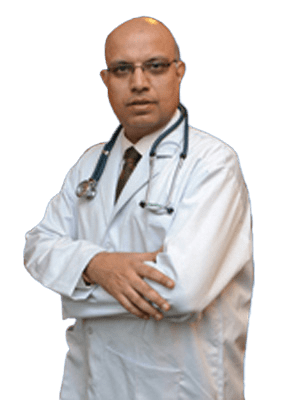 Dr. Rajiv Passey
Dr. Rajiv Passey
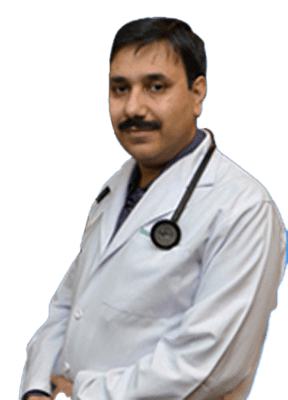 Dr. Ashwani Mehta
Dr. Ashwani Mehta
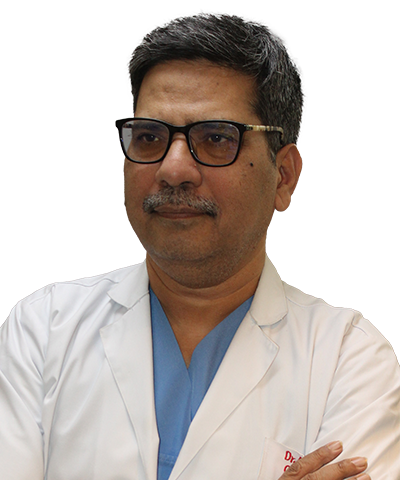 Dr. Bhuwanesh Kandpal
Dr. Bhuwanesh Kandpal
 Dr. Arun Mohanty
Dr. Arun Mohanty
 Dr. B.S. Vivek
Dr. B.S. Vivek
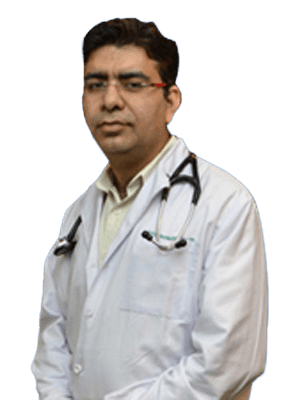 Dr. Aman Makhija
Dr. Aman Makhija
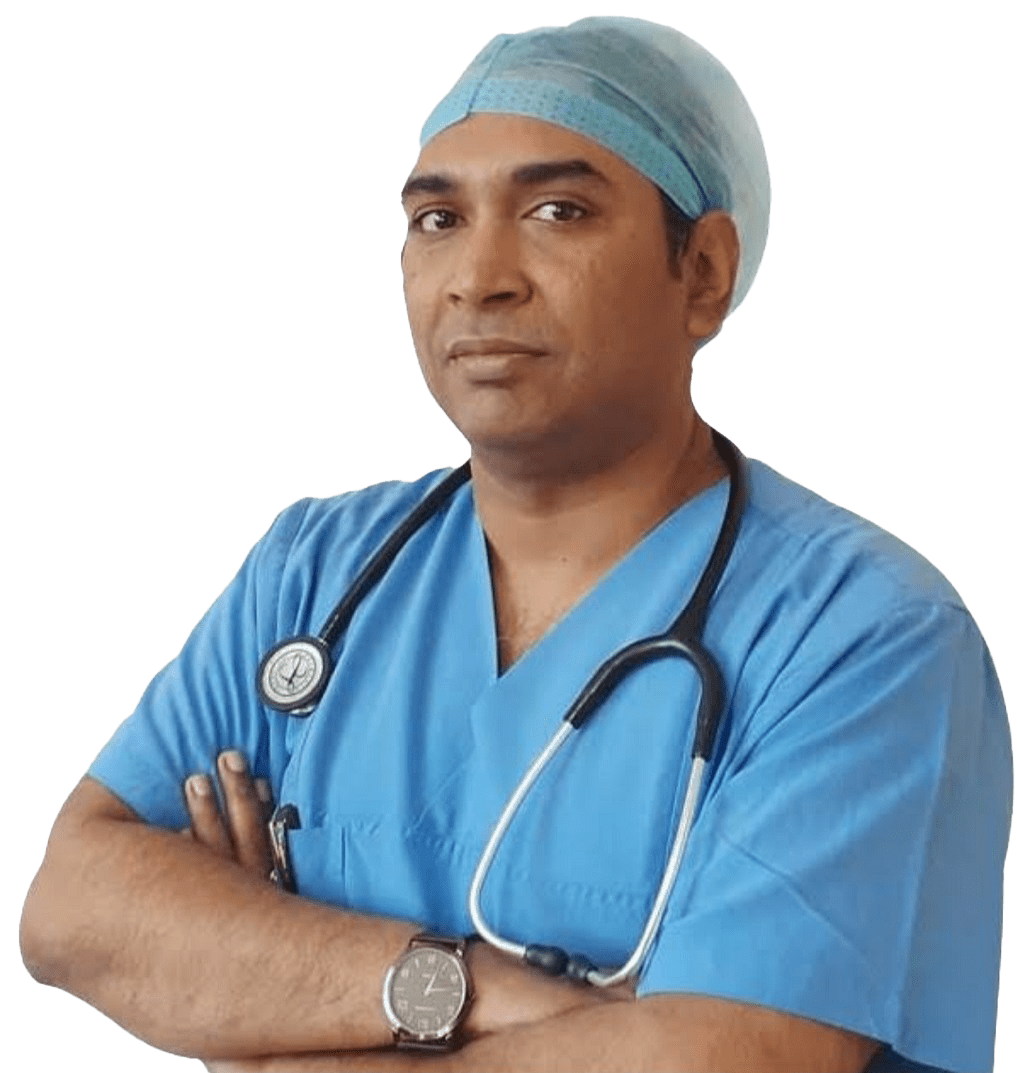 Dr. Manish Kr. Sharma
Dr. Manish Kr. Sharma
 Dr. Nau Singh
Dr. Nau Singh
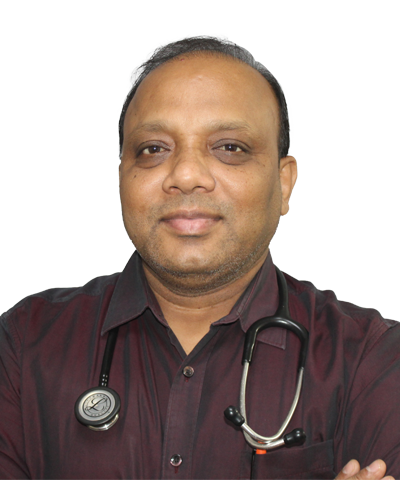 Dr. Swarup Medda
Dr. Swarup Medda
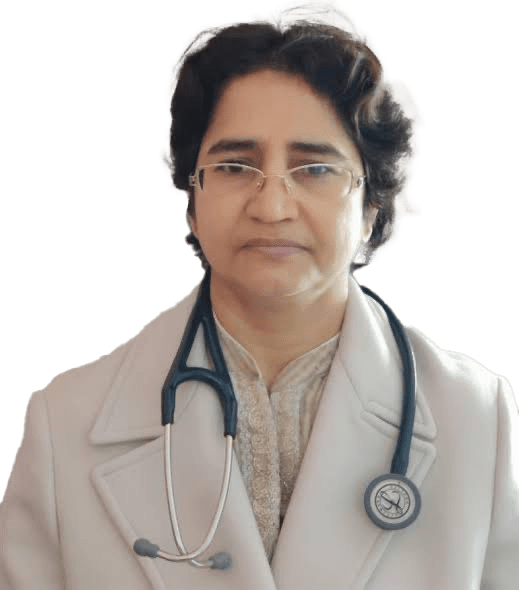 Dr. Kavita Tyagi
Dr. Kavita Tyagi
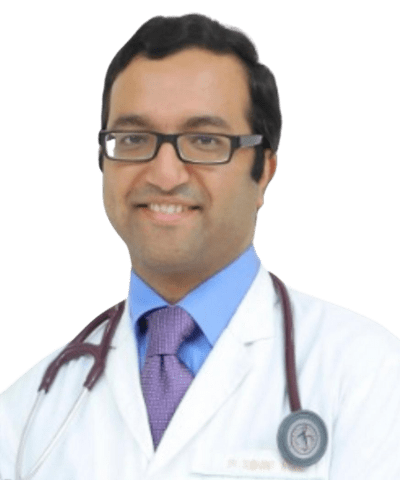 Dr. Sushant Wattal
Dr. Sushant Wattal
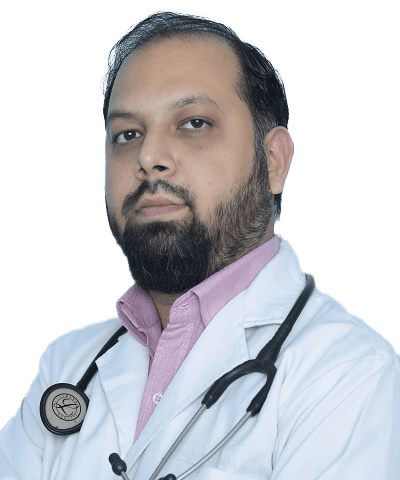 Dr. Shoaib Ahmed
Dr. Shoaib Ahmed
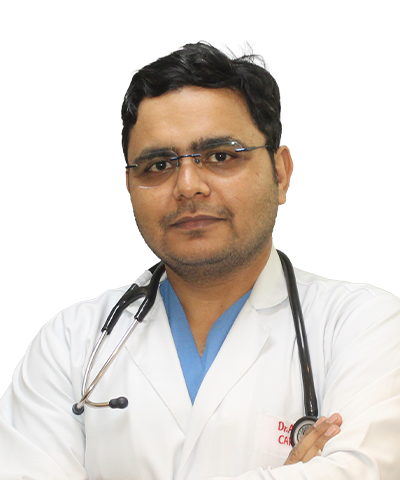 Dr. Ashish Kumar Jain
Dr. Ashish Kumar Jain
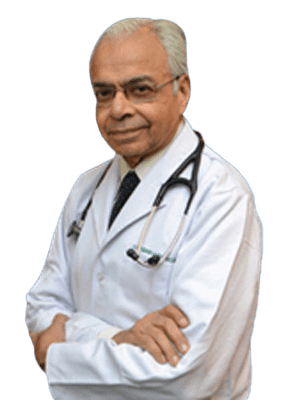 Dr. Subhash Manchanda
Dr. Subhash Manchanda
 Dr. Payal Nindra
Dr. Payal Nindra
The Department of Cardiology at SGRH was started in 1977. Today the department is recognized as a state-of-the-art cardiac centre nationally and internationally. The Dharma Vira Heart Centre was inaugurated in 1999 by his Excellency the former President the late Shri K.R. Narayanan.
The care and treatment we provide is as good as the best anywhere in the world and at an affordable price. Today we offer cardiac treatment from cardiac transplantation to basic cardiology services. The centre has one of the largest series of primary angioplasties in the country. All aspects of cardiac services including the nuclear cardiology and paediatric cardiology are available in the hospital.
The faculty has a rich mix of young and experienced consultants who are not only dedicated and devoted to their patients but also are highly lettered and have good academic recognition.
| Faculty | Day | Time | Room | Extension |
|---|---|---|---|---|
| Dr P.K. Khanna, Advisor | Mon–Sat | 12 noon–2 p.m. | F-33 | 1729 |
| Dr J.P.S. Sawhney,Chairperson | Mon–Sat | 4 p.m.–7 p.m. | F-25 | 1725 |
| Dr S.C. Manchanda, Senior Consultant | Tue–Fri | 9 a.m.–10 a.m. | F-25 | 1725 |
| Dr R.R. Mantri, Director – Cath Lab | Mon–Sat | 11 a.m.–2 p.m | F-25 | 1725 |
| Dr Rajat Mohan, Director Echo Lab | Mon–Sat | 4 p.m.–6 p.m. | F-24 | 1724 |
| Dr Rajneesh Jain, CoDirector – Cath Lab | Mon–Sat | 2 p.m.–4 p.m. | F-33 | 1729 |
| Dr Sangeeta Sachdeva, Co-Director – Echo | Mon–Sat | 8 a.m.–4 p.m. | Echo Lab | 1004 |
| Dr Rajiv Passey, Senior Consultant Cardiologist | Mon–Sat | 4 p.m.–6 p.m. | F-31 | 1731 |
| Dr Ashwani Mehta, Senior Consultant Cardiologist | Mon–Sat | 4 p.m.–8 p.m. | F-28 | 1728 |
| Dr B. Kandpal, Consultant Cardiologist | Mon–Sat | 10 a.m.–12 noon | F-36 | 1736 |
| Dr Arun Mohanty, Consultant Cardiologist | Mon–Fri | 2 p.m.–4 p.m. | F-31 | 1731 |
| Dr B.S. Vivek, Senior Consultant Cardiologist | Mon–Fri | 3 p.m.–4 p.m | F-25 | 1725 |
| Dr Aman Makhija, Consultant Cardiologist | Mon–Sat | 12 noon–2 p.m. | F-33 | 1733 |
| Dr Manish K. Sharma,Associate Consultant Cardiologist | Mon–Sat | 6 p.m.–8 p.m. | F-31 | 1731 |
| Dr Kavita Tyagi | Mon–Fri | 6 p.m.–8 p.m. | F-24 | 1724 |
| Dr Sushant Wattal | Mon–Sat | 6 p.m.–8 p.m. | F-23 | 1723 |
| Dr Anjali Arora, Lipid Clinic | ||||
| Dr Kushal Madan, Cardiac Rehabilitation Consultant | 9 a.m.–5 p.m | Cardiac Rehabilitation | 1536 |
5th Floor, Dharma Vira Heart Centre, Ext: 1531 Helpline no: 2083